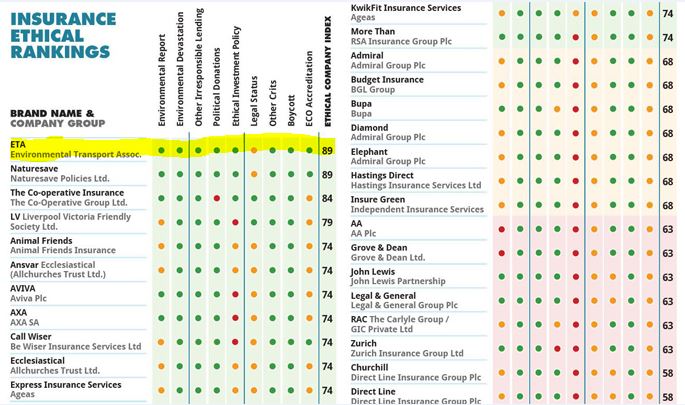
A few years ago we helped a school get a zebra crossing they were desperate for. The school had included the request for a crossing in their travel plans for many years, a child had been hit by a car and parents had called the local authority to plead for a safe crossing, but all to no avail – the local council maintained that the cost of the zebra crossing was too high. And at £115,000 a pop, you might – from an entirely financial perspective – see their point. Unless that is, you consider the cost of a road traffic collision death.
In 2011, 2,412 children were killed or seriously injured on Britain’s roads. This figure includes 60 deaths and 2,352 seriously injured casualties.
Each year the Department for Transport (DfT) calculates the costs of road traffic collision casualties, to identify the value of prevention. The financial cost of a child killed on the roads is put at £1,680,000 – fifteen times the price of a zebra crossing. The financial cost of a child seriously injured is put at £190,000.
Of course, a zebra crossing cannot prevent road traffic collisions, but the DfT estimates that the deaths and injuries to children on the roads in 2011 cost the country £796m. That sort of money buys a lot of safe crossings or would pay for greater enforcement of 20 mph limits or any other number of initiatives to reduce road danger. Anyway, we didn’t let the cost of a zebra crossing stop us from helping the school in question. We built our pop-up zebra crossing from lino, drain pipes and two party balloons. Our little stunt got into the papers and prompted the local council to install a real zebra crossing.
Unfortunately, that isn’t the happy ending this story deserves. Parents now stop and park on the zebra crossing, which defeats its purpose and, in all probability, makes it more dangerous for children than if there was no crossing there at all.
British police forces spend tens of thousands of pounds on cardboard cut outs of police officers to place in crime hot spots and apparently they work, so we decided to take inspiration.
Our pop-up traffic policeman prototype comprises a cardboard cutout and an A-board, which features a CCTV camera and a bank of flashing blue LED lights. Police forces may not have the budgets or will to prevent dangerous and illegal parking outside schools, but with our contraption, at least we can give the impression they do. We are going to unleash it on illegal parkers soon – we’ll let you know how we get on.
If you would like to support projects like our pop-up zebra crossing, it couldn’t be easier – every time you buy cycle insurance, breakdown cover, travel cover or home insurance from us, you help fund all our campaigning work.
Ethical insurance
The ETA has been voted Britain’s most ethical insurance company 2017.
The Good Shopping Guide each year reveals the good, the bad, and the ugly of the world’s companies and brands, with a view to supporting the growth of social responsibility and ethical business as well as a more sustainable, just society.
Beating household-name insurance companies such as John Lewis and the Co-op, we earned an ethical company index score of 89 – earning us joint-first place with Naturesave.

The ETA was established in 1990 as an ethical provider of green, reliable travel services. Twenty seven years on, we continue to offer cycle insurance, travel insurance and breakdown cover while putting concern for the environment at the heart of all we do.
Christopher
When my children were of school-age, the younger one is now on her second-year at university, I used to argue with parents who would park on the zig-zags, and genuinely believed they were meant for parents to park-on for the convenience of the school-run. And if someone doesn’t want to believe you, you’re unlikely to be able to persuade them.